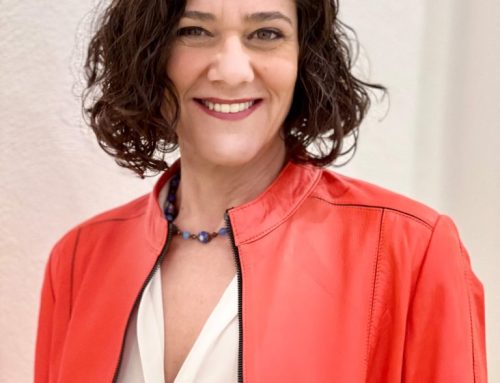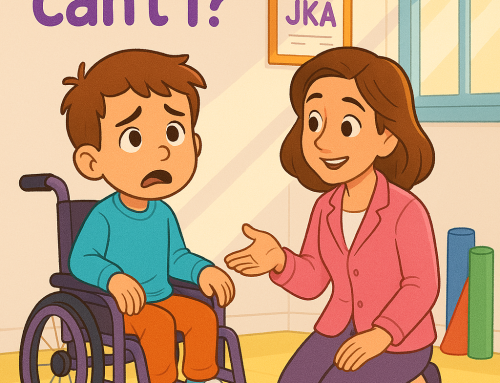Thought for a second
Julia had just returned from vacation. Her cheerful demeanor and sun-kissed skin were proof that the seaside getaway had gone well—she’d had fun and managed to rest. Yet before the trip, her family had been on edge. Traveling with Julia and keeping her calm and balanced in unfamiliar surroundings demanded more than ordinary effort.
It all began before we even boarded the plane. Julia had to get up much earlier than usual and wasn’t feeling well. The hectic bustle of the airport—the crowds, the noise—overwhelmed her. The sense of security she normally clung to began to slip away, and her reactions intensified.
Parents of children with special needs—especially those with children on the autism spectrum—will immediately understand what I mean. The sunny vacation days everyone longs for, the ones we dream about during a long, dark winter to refresh body and soul, can become a very different experience for such families.
When we finally settled into our seats on the plane—with familiar, trusted faces beside her—Julia began to calm. She hugged her beloved panda plush tighter, followed the flight attendants’ instructions, closed her eyes, and tried to drift into a deep sleep. She thought, “Maybe then the woman behind us will stop commenting on everything I do and stop making things harder for my family…”
Families traveling with children who have special needs often face huge challenges—even on vacation. What is less visible, however, is how much the child blames themselves for everything that happens. Over time, these children may withdraw, weighed down by disappointment and overwhelmed by shame. Witnessing those emotions in someone you love breaks your heart and can leave you feeling helpless and overwhelmed—but here’s what you should know: you and your child are not alone. And the power to recognize those feelings and transform them lies with you.
Shame doesn’t arise from the disability itself, but from the reactions of the environment.
Children naturally want to belong. When they realize they move, learn, or communicate differently than others—and those differences are labeled as “deficits”—they may begin to believe that something is wrong with them.
Factors such as how others react, the way differences are talked about, and whether your child truly feels accepted—all of that fuels the feeling of shame.
Pitying comments, exclusion at school, or constant reminders of what the child “can’t” do only reinforce it. Even small things—like pulling the child out of class only for therapies or never seeing characters like them in books or films—whisper, “You are different. You don’t belong.”
But you have the power to rewrite that story—with your presence, your voice, and your love.
Here are some strategies I often share with families. They’ve helped many children build confidence and a healthy sense of self-worth. They can help you support your child on their journey, too:
1. Celebrate your child’s strengths and speak positively and affirmingly about their unique qualities.
2. Create space for difficult feelings. Sadness or frustration are completely normal—and these feelings do not define who your child is.
3. Introduce inspiring role models—athletes, artists, scientists with disabilities—people who lead fulfilling lives. Help your child see that they, too, can overcome challenges if they want to. Give them responsibility and room to discover their own abilities.
4. Be your child’s advocate—but also show that you trust them. When appropriate, let them make choices and take safe risks. Being seen, heard, and taken seriously is the foundation of healthy self-esteem.
5. Don’t just accept your child’s differences—cherish them. Make those differences a natural, respected part of your shared life.
And most importantly, keep telling your child:
- Your worth does not depend on what you can or cannot do.
- Your strengths are unique—things others may not have.
- You bring a different perspective to the world, and that is a gift.
- Everyone has strengths and challenges—and that’s perfectly normal.
- What others think of you is not what matters—what matters is what you think of yourself.
And I want to tell you this:
Your uniqueness can be your strength.
Be gentle with yourself. Don’t be afraid to ask for help. Share your feelings.
And remember—there are people who love you, understand you, and support you.
Your path may be different, but it can still be full of beauty.
You are valuable—just as you are.
This vacation, too, began roughly for Julia and her family, but thanks to the tools they developed together, they were able to transform the negative emotions into something healing. Despite all the challenges, this trip became another meaningful link in their chain of memories—full of sweetness and the joy of being a family.



